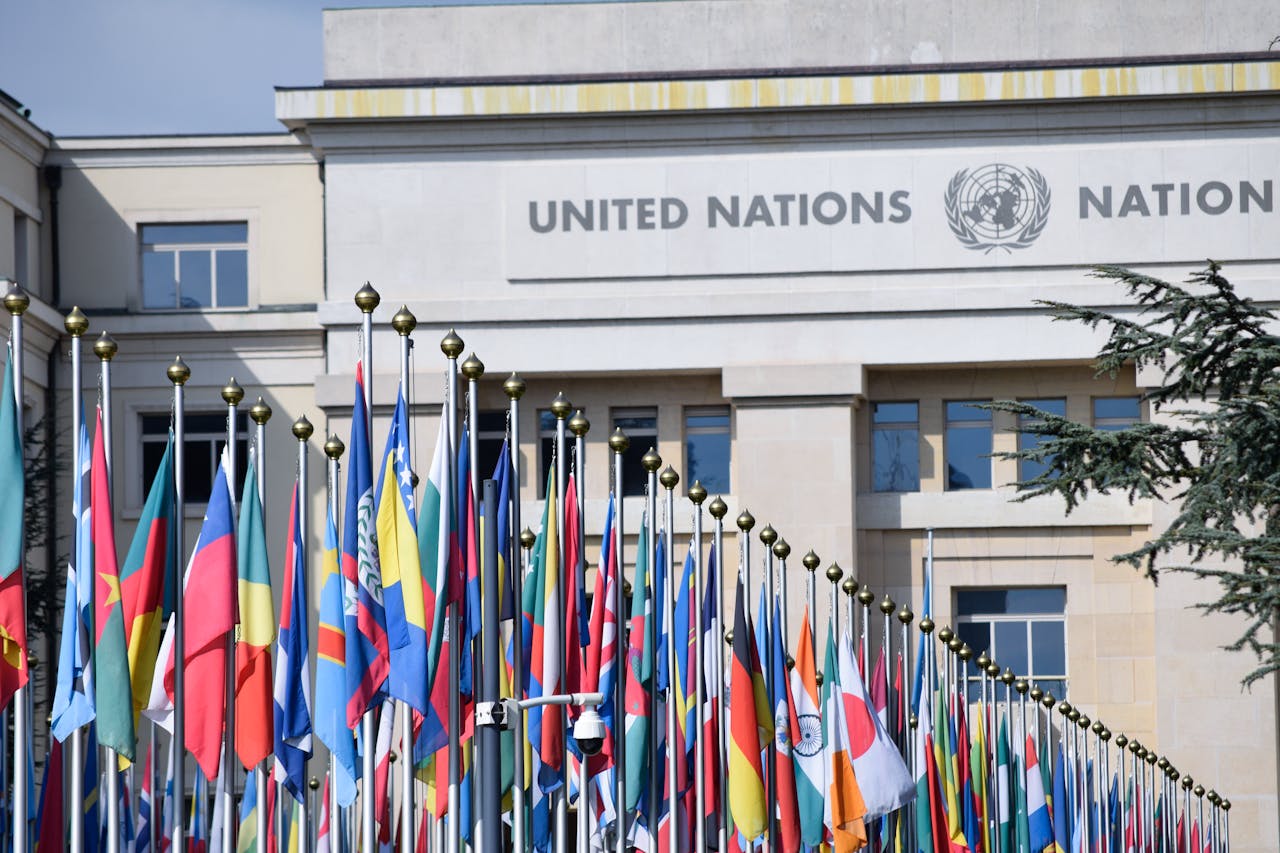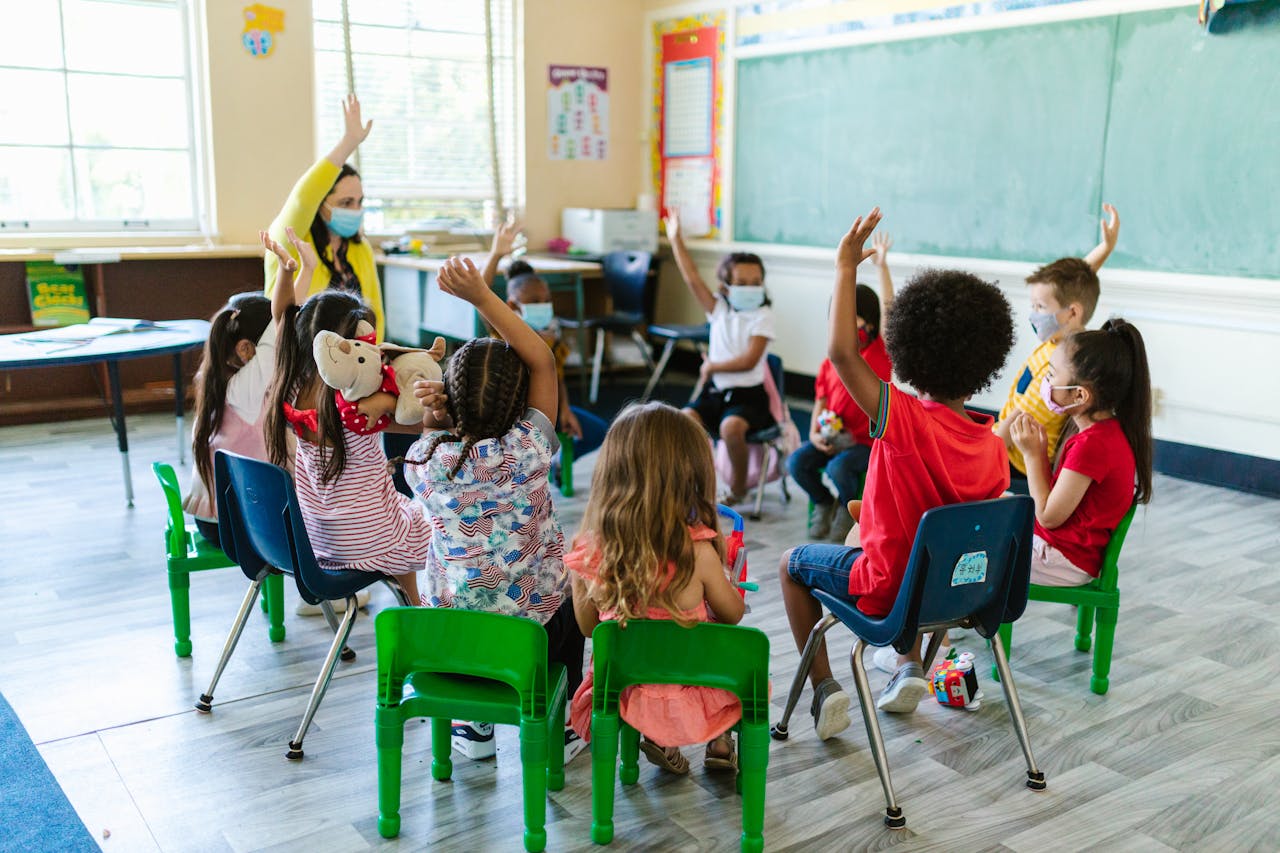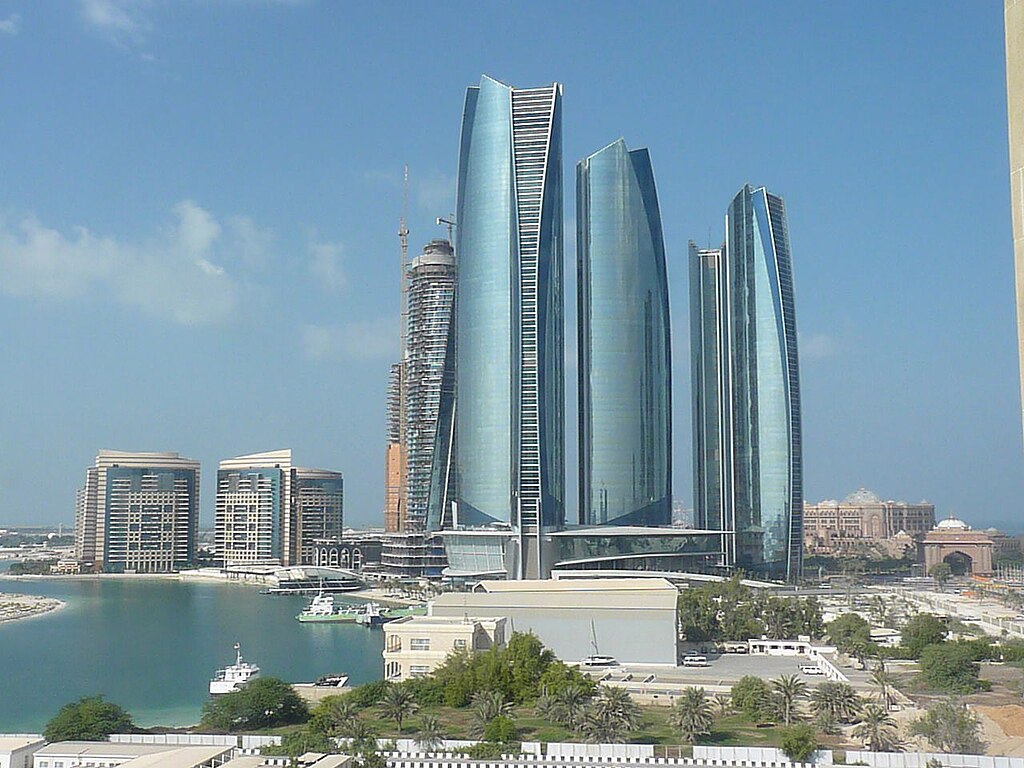
UNESCO Assembles in Abu Dhabi For Art Education Conference
The United Nations Educational, Scientific and Cultural Organization (UNESCO) met in Abu Dhabi from February 13 to 15 for the World Conference on Culture and Arts Education, as member states and stakeholders seek to adopt a framework to encourage arts education across the world.
The conference discussed the creation of this framework, including working through the first draft of the framework. Involved in the proceedings were at least 125 representatives from member states. Over 90 ministers from around the world, and different public and private organizations were also involved.

Beyond the framework, stakeholders and organizations working towards broader cultural education and access were showcased. Transcultura, an organization in the Caribbean that focuses on empowering young culture professionals in the area, showed their work during the conference and discussed the innovations inherent in their methods.
“Cultural and arts education is the cornerstone of professionalization in the sector, and through initiatives like the Caribbean Cultural Training Hub, the digitization of training and entrepreneurship courses, Transcultura is paving the way for a new generation of empowered culture professionals in the Caribbean,” the program’s director Alessandra Borchi said.
The UNESCO Framework
The framework was created after months of consultation with relevant groups in 2023. Beyond the months of consultation, however, are close to two decades of work starting with the Lisbon Road Map in 2006.
The new framework encompasses all types of educational backgrounds, including online and hybrid educational settings. The new resolution pushes for a broader, more inclusive cultural education, saying that culture should be “holistic, transformative, and impactful.” Among the specific principles stated is “mainstream gender equality in all aspects of policy planning, design and implementation.”
The innovation of artificial intelligence was also taken into consideration in the writing of the framework. It pushes for member states to provide “equitable and inclusive access” to different technologies. The technological access provides teachers and educators with the tools needed to teach about the subject.

It also emphasizes the importance of local and indigenous cultures, and the need to decolonize and democratize cultural education. Prominent in the document is the belief that learning about the cultural diversity of the world is essential in ensuring less divisions between groups in the future as well as more understanding across cultural lines.
“As a UNESCO study highlighted last year, arts education helps students develop emotional intelligence, creativity, and critical thinking. It improves their well-being and academic results. Artistic education also promotes openness to others and respect for diversity within society at large,” UNESCO Director-General Audrey Azoulay said.
Implementation of Cultural and Arts Education
With the framework in place, member states now need to create public policy that aligns towards the framework’s goals. The conference also debuted a new initiative spearheaded by UNESCO and the United Arab Emirates. It will give grants, funding, and access to teachers and schools to further arts education across the world.

The initiative will also push for African Member States to have access to experts around the world. This access includes visits of experts to the countries and Technical and Vocation Education and Training for teachers in the region.
“I would like to commend the important announcement made by Abu Dhabi and the United Arab Emirates for the coming years. It will give us the strength needed to translate this Framework into action, supporting the countries that need it most, and especially supporting Africa as a global priority of UNESCO,” Azoulay said.


